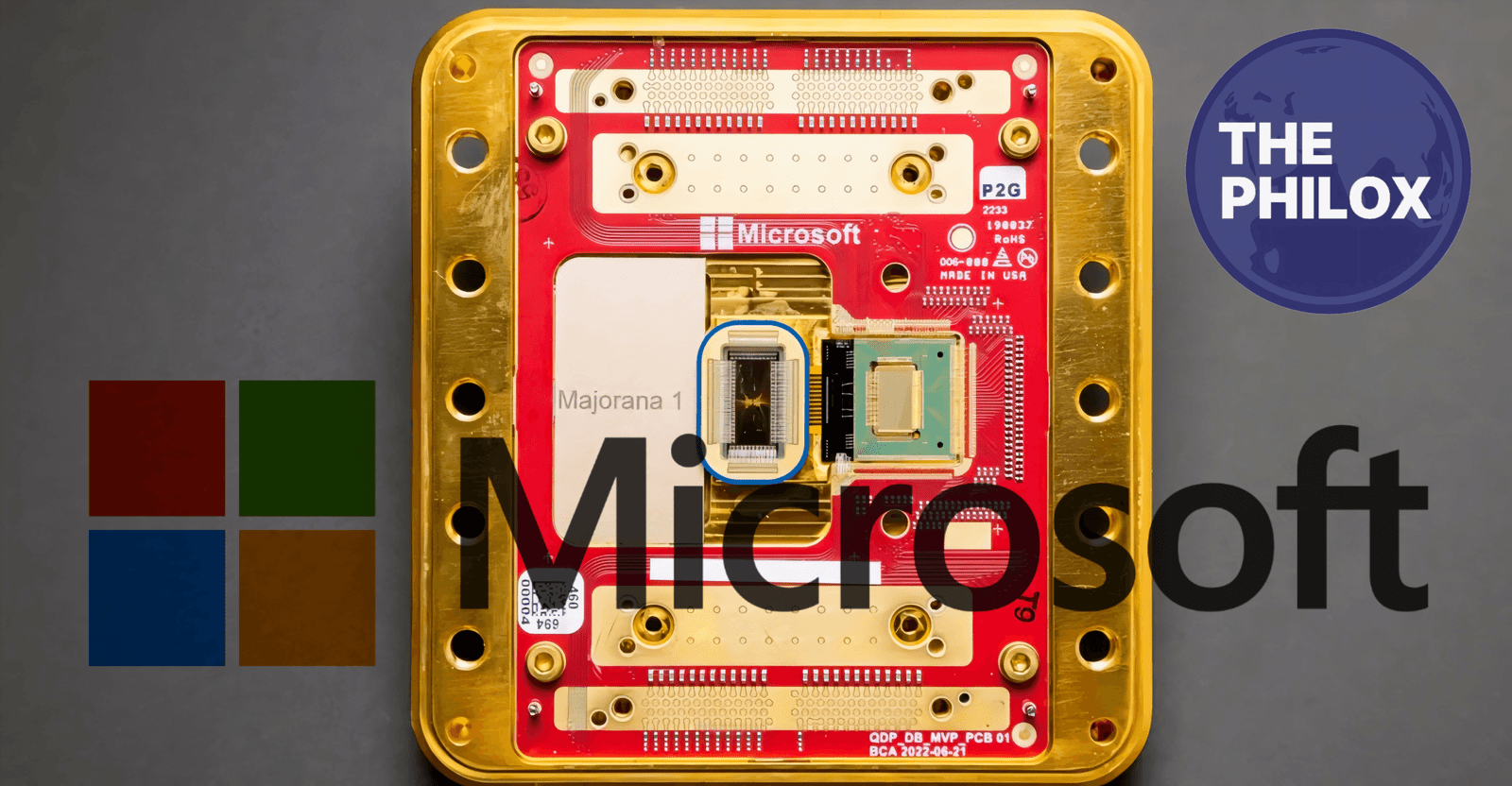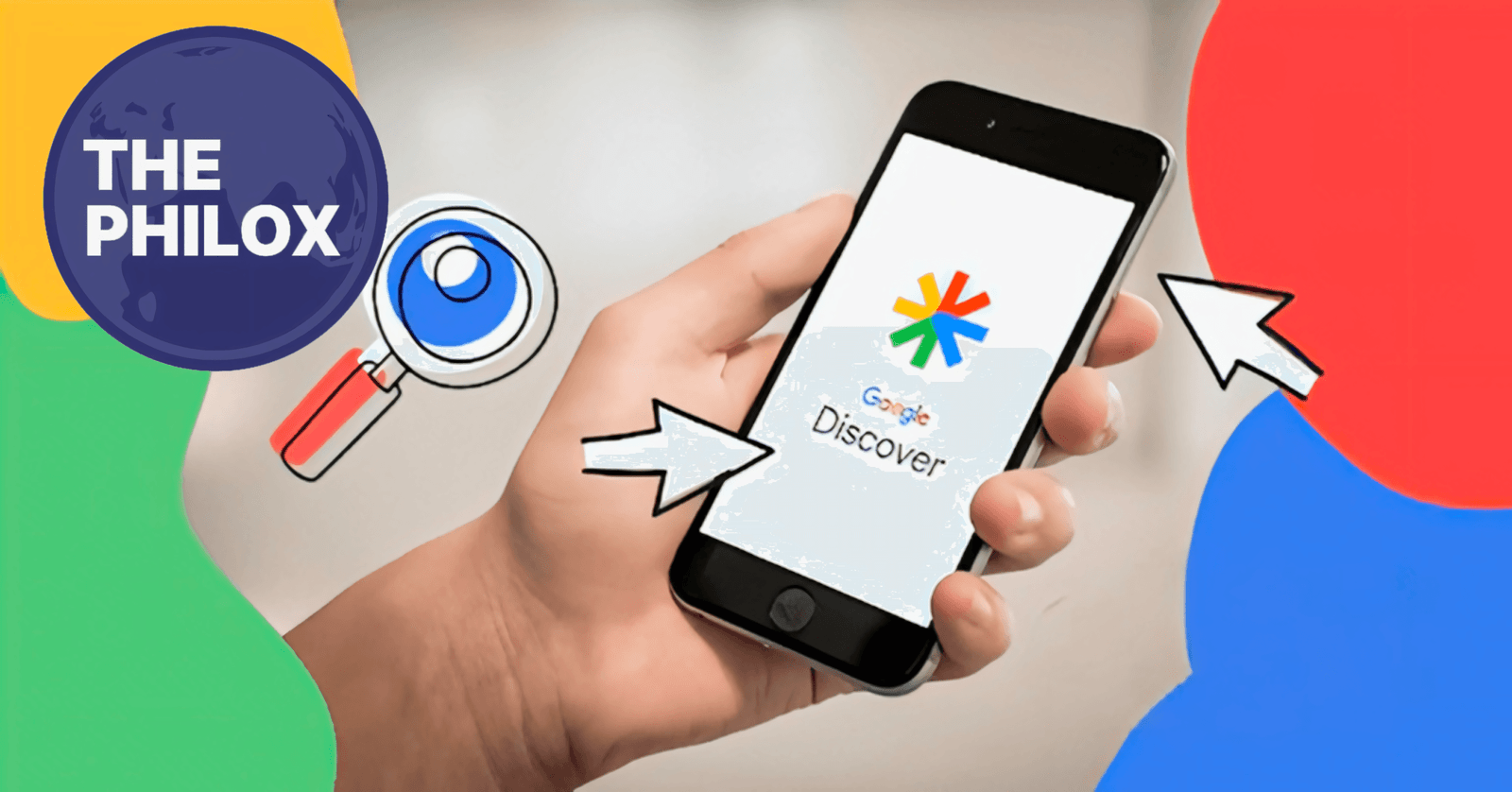One of the most fascinating developments in contemporary technology, quantum computing promises to transform domains from artificial intelligence to health.
Quantum computers use qubits, unlike conventional computers which depend on binary bits (0s and 1s), which permits concurrent computations greatly increasing processing capacity.
But qubit stability is one of the main difficulties in quantum computing since these quantum states are quite sensitive and prone to mistakes.
Microsoft has created a novel method dubbed topological quantum computing—which emphasizes on producing topological qubits—to tackle this challenge.
Building scalable quantum computers depends on these qubits since they are made to be more resilient against environmental disturbances.
Majorana zero modes, unusual particles that offer improved stability to quantum computing, are fundamental parts of this technology.
With its latest creation, the Majorana 1 chip, Microsoft is far closer to bringing large-scale quantum computers to pass. By means of a quantum computer with one million qubits, Microsoft’s study could usher in a new era of computing capability transforming sectors all around.
Quantum Computing:
First we must grasp how quantum computing operates if we are to appreciate Microsoft’s approach.
How Unlike Classical Computing Is It?
Bits—which each represent either a 0 or a 1—are used in conventional computers to handle data. Sequences of these bits underlie all computational activities.
By means of a phenomena known as superposition, quantum computers employ quantum bits (qubits), which can exist in a state of both 0 and 1 concurrently.
This greatly increases the processing capability of quantum computers by enabling several calculations concurrently.
Entanglement, in which two qubits become linked—that is, when the state of one qubit instantly influences the state of another,
independent of their distance—is another fundamental idea of quantum computing. For some kinds of computations, this quality allows quite quick and effective problem-solving.
The Dilemma of Qubit Stability
Although quantum computing is strong, qubits are quite sensitive to their surroundings, which is a main drawback. Quantum computations can be erroneous even from slight disruptions like a temperature change or electromagnetic interference.
Decoherence is an issue that makes building dependable quantum computers challenging.
Developing topological qubits—far more stable than conventional qubits—Microsoft is tackling this problem.
Microsoft’s Solution: Topological Quantum Computing
Topological qubits—which encode data in a way that resists mistakes—are the focus of Microsoft’s quantum computing research.
Topological Qubits: What are they?
Unlike conventional qubits, topological qubits save quantum information in the topology—or shape—of the system instead of in individual particles.
This yields more consistent computations and less susceptibility to external noise and interference.
Majorana zero modes are a unique form of particle Microsoft is exploiting to generate these qubits.
Key to Stability: Majorana Zero Modes
Regarding Majorana Zero Modes,
Originally proposed by Italian physicist Ettore Majorana in 1937, Majorana zero modes (MZMs) are unusual quantum particles functioning as their own antiparticles. Rare and only found under particular conditions, as in some superconducting materials, these particles
How might Majorana Zero Modes be useful?
Microsoft can build considerably more resilient topological qubits by storing quantum data using Majorana zero modes than by conventional methods.
MZMs have special qualities that greatly increase the difficulty for quantum information to be lost by mistakes.
The Majorana 1 Chip: Advancing Quantum Computing
Microsoft declared a significant development in February 2025 with the Majorana 1 chip, the first quantum chip based on topological qubits worldwide.
Topoconductors, a novel family of materials allowing researchers to view and manipulate Majorana particles, were used in development of this gadget.
Why is this pertinent?
Greater stability: Topological qubits are intrinsically resistant to mistakes unlike conventional qubits, which depend on intricate error correcting techniques.
The Majorana 1 chip is a promising candidate for quantum computer scaling since it is compact and efficient.
Faster Progress: Microsoft thinks that, using this technology, the dream of creating a quantum computer with millions of qubits is realistic in years rather than decades.
Path to a Million Qubits
Long term, Microsoft wants to create a reliable quantum computer with one million qubits. Reaching this would enable quantum computers to address hitherto unattainable extremely difficult challenges for supercomputers of today.
Microsoft has come a great way toward this objective using topological qubits and the Majorana 1 processor.
The company is heavily funding hardware and software development to make sure quantum computers become a useful tool for businesses all around the globe.
How may quantum computing affect daily life?
Quantum computers will have significant practical uses in many different sectors once they have completely developed:
1. Medical and Drug Discovery
In ways that traditional computers cannot, quantum computers can replicate molecular interactions.
This could hasten the search for novel drugs and result in fresh approaches for disorders including cancer and Alzheimer’s.
2. Encryption & Cybersecurity
While they develop ultra-secure quantum encryption to guard data from cyberattacks, quantum computers could potentially be able to destroy present encryption systems.
3. Modelling of Finance
Quantum computing could help banks and investment companies study financial markets and create improved investment plans.
4. Computer Intelligence
Smart AI systems for robotics, healthcare, and automation would result from improved AI and machine learning algorithms made possible by quantum computing.
5. Problems and Doubts
Quantum computing still presents significant difficulties notwithstanding the enthusiasm:
The fragile character of qubits makes building and maintaining quantum computers somewhat challenging technically.
Quantum error correction is still a topic of active study even with topological qubits.
While Microsoft and other businesses are enthusiastic, some experts contend that we still years away from creating a useful quantum computer.
Quantum Computing’s Prospect
Working in topological quantum computing, Microsoft’s efforts are stretching the limits of computing capability.
With Majorana zero modes, topological qubits, and the Majorana 1 device, the business is getting closer to building quantum computers able to address practical issues.
Although challenges still exist, Microsoft’s advancements point to a possible proximity of major quantum computing to our expectations.
Should it be effective, quantum computing might transform sectors, enabling hitherto unattainable calculations and opening fresh scientific possibilities.
A revolutionary method for enabling quantum computers to be more dependable, scalable, and stable is Microsoft’s topological quantum computing The Majorana 1 chip marks a major discovery, and with more study, we might witness a quantum revolution not too distant.
Should the projected technological development come to pass, quantum computers will rank among the most revolutionary developments of the twenty-first century.
Stay Connected and Share Your Stories
For all those inspired by stories of resilience and ambition, follow us on X/Twitter and on Instagram . For those with untold stories that you would love to share, please send them to contact@thephilox.com




